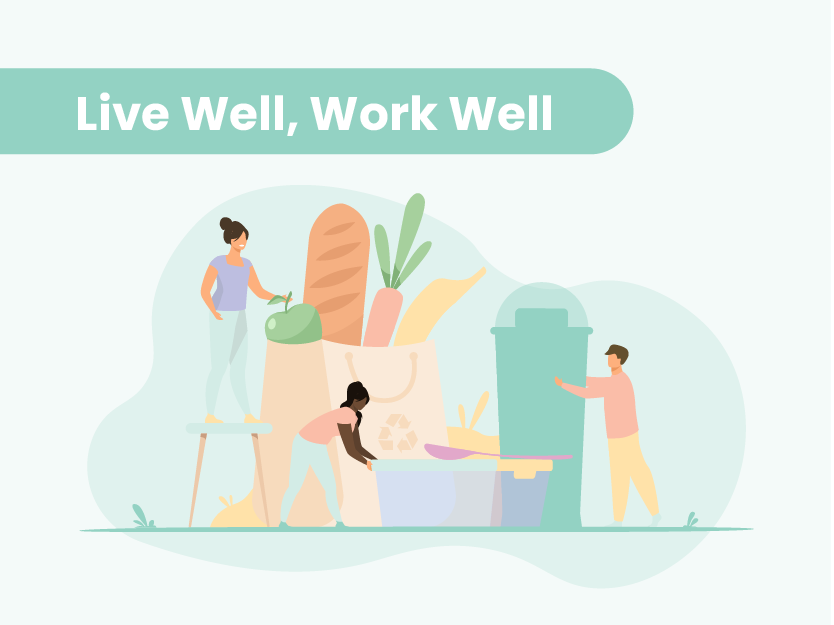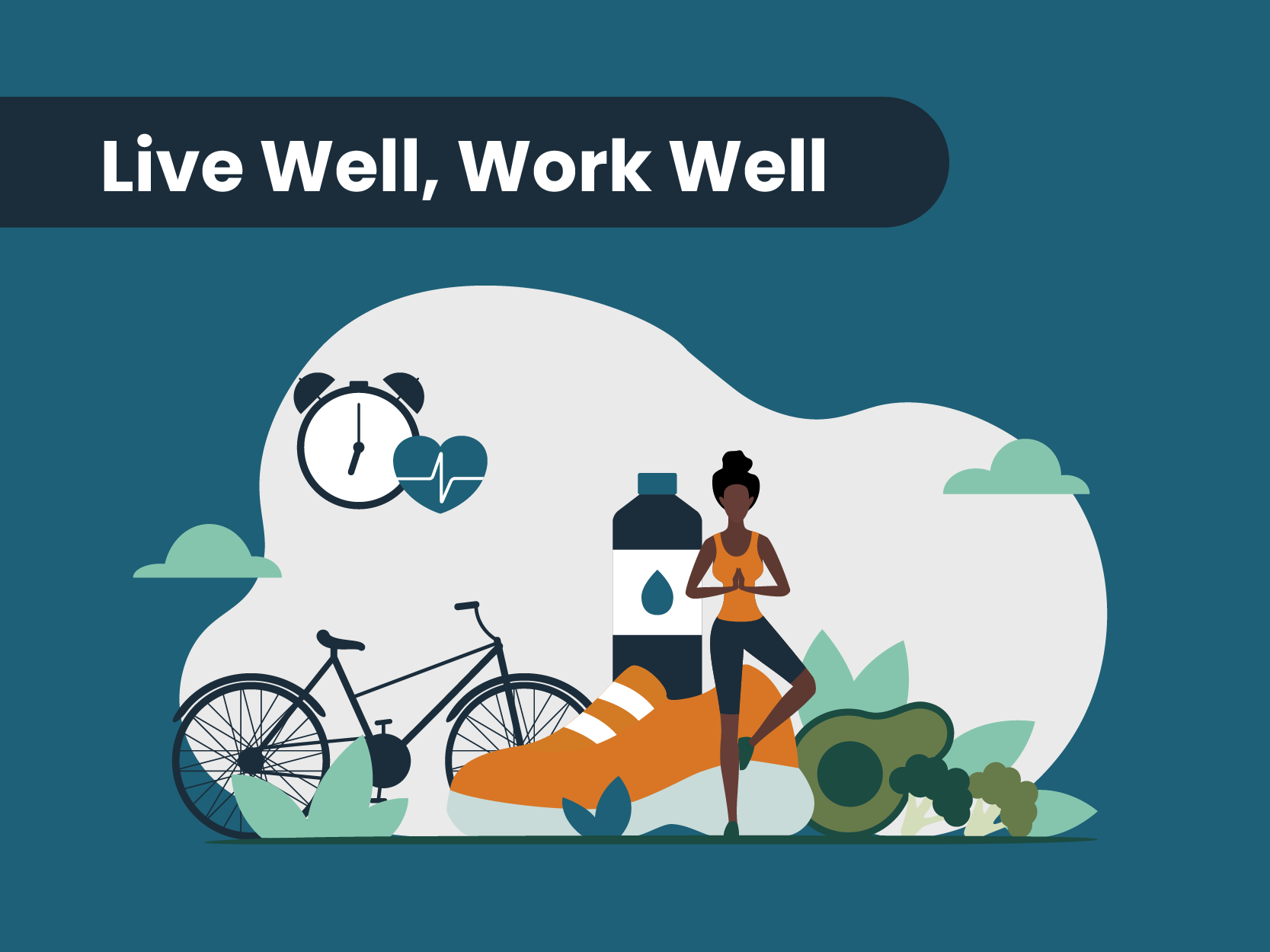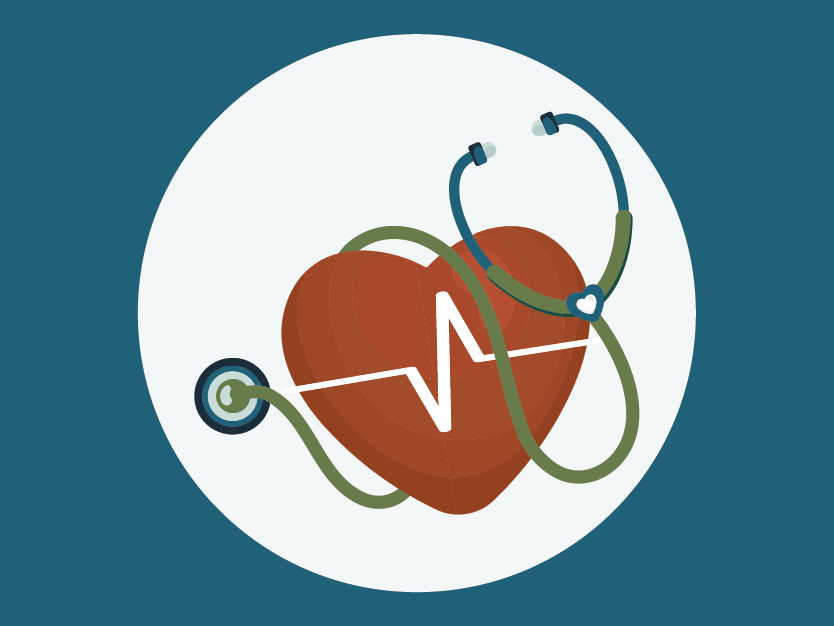Skillet Pasta Dinner
A quick and delicious one-pot meal that is sure to please the whole family. Add your favorite frozen or fresh veggies to this dish!
2 min read
Jess K : May 13, 2024 10:00:00 AM

Breaking Down Mental Health Stigma
May is Mental Health Awareness Month, a national health observance dedicated to shedding light on brain health conditions and fostering understanding and support for those experiencing them.
According to the National Alliance on Mental Illness (NAMI), 1 in 5 adults experience a mental health disorder each year. Despite the prevalence of illnesses and increasing recognition of mental health as a critical component of overall well-being, stigma remains a significant barrier to receiving treatment and support. The fear of judgment and discrimination often prevents individuals from seeking help.
It’s imperative to raise awareness and educate others about mental health to combat stigma and create a more compassionate and supportive society. Here are some tips for reducing the stigma associated with mental health:
By taking proactive steps to reduce mental health stigma, you can help create an inclusive and supportive environment where everyone feels empowered to seek help. Together, we can break down the barriers that stand in the way of healing and acceptance.
Don't miss out on these other great articles:
A complete fitness routine includes training and strategic recovery. Unlike passive recovery, which involves rest, sitting or inactivity, active recovery keeps you moving and engaged in low-intensity exercises.

WANT MORE?
Get healthy recipes, motivational quotes, and first access to prize giveaways by following HealthCheck360 on social media! Follow us now.

A quick and delicious one-pot meal that is sure to please the whole family. Add your favorite frozen or fresh veggies to this dish!

Nutrition is the foundation of health, influencing disease prevention and overall well-being.

February is Heart Health Month—a perfect time to focus on the habits that keep your heart strong.